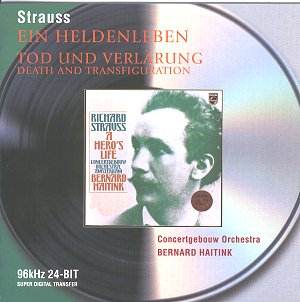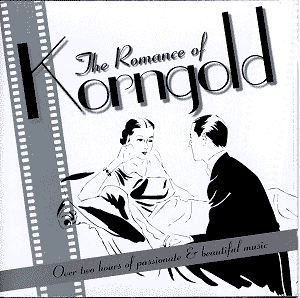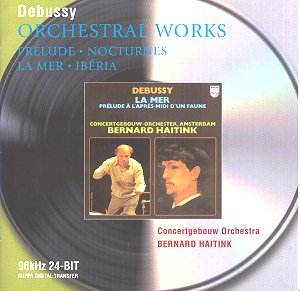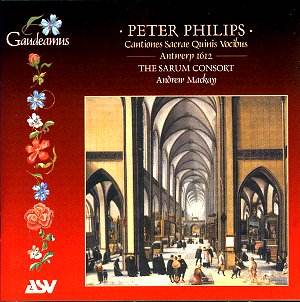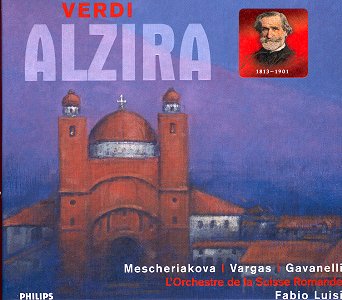 Composer: Giuseppe Verdi (1813-1901)
Composer: Giuseppe Verdi (1813-1901)
Work: Alzira (1845)
Performers:
Recording: Philips 464 628-2PH2
Date: Recorded 29 June – 2 July 1999, Victoria Hall, Geneva
Duration: 91.38 minutes (2 CDs)
Release Date: November 2001
Review by: Terry Barfoot
Giuseppe Verdi’s Alzira, composed in 1845, occupies a curious position within the pantheon of operatic works from his formative decade, a period he famously referred to as his “years as a galley slave.” This new recording from Philips, featuring the Orchestre de la Suisse Romande under Fabio Luisi’s baton, presents an opportunity to reassess this lesser-known opera that often suffers from a reputation tied to its problematic narrative and character development. Yet, as with many works from this fertile yet tumultuous period, there are hidden treasures to be unearthed.
From the outset, one can appreciate how Alzira resonates with Verdi’s compositional voice. The orchestration is vibrant, exhibiting the lush harmonies and rhythmic vitality that would come to define his later masterpieces. The work, while occasionally lacking the melodic richness of La Traviata or the dramatic heft of Otello, still contains moments of profound beauty, particularly in the orchestral interludes that serve to heighten the emotional stakes of the drama.
Fabio Luisi, in his interpretation, demonstrates a keen sense of pacing and urgency throughout the opera’s two acts. The soldiers’ chorus in Act I is executed with a thrilling intensity that underscores the martial fervor of the scene, showcasing the orchestra’s brass and percussion with commendable clarity. However, the urgency sometimes comes at the expense of the lyrical passages, where a more leisurely tempo might have afforded the singers the space to explore the nuances of their roles.
The cast, largely composed of lesser-known names, delivers a performance that is certainly commendable though not without its challenges. Marina Mescheriakova as Alzira exhibits a commendable vocal range, but her control falters at times, particularly in the more demanding passages. The character of Gusmano, portrayed by Jovo Reljin, is the emotional fulcrum of the opera, and while Reljin’s tenor is resonant, he occasionally struggles with the dramatic declamation that Verdi requires, a point of contention echoed by the tonal inconsistencies of bass Paolo Gavanelli.
Notably, tenor Ramón Vargas, a performer of significant renown, finds his lyrical voice stretched by the demands of his role, revealing an inherent tension in the casting choices made for this production. Such discrepancies in vocal execution, while not wholly detrimental, do remind the listener of the opera’s reliance on its ensemble rather than star power. This is an opera that thrives on collective dramatic momentum rather than individual showpieces.
The engineering of the recording is generally excellent, with a clear balance between the orchestra and the singers, although one might wish for a more expansive soundscape to better reflect the opera’s dramatic arcs. In contrast to notable recordings such as the 1982 version conducted by Gianandrea Noseda, which, while less polished, captures a raw energy that is sometimes absent here, this Philips effort opts for a more refined approach.
Historically, Alzira is a work that challenges the perception of Verdi’s early output. Its somewhat cumbersome narrative, adapted from Voltaire, frequently undermines character depth—a flaw that has led to its relegation to the fringes of the operatic repertoire. Nevertheless, the emotional resonance of the tragic denouement, where Gusmano offers his blessing to the lovers he has wronged, speaks volumes of Verdi’s burgeoning genius, foreshadowing the complex moral landscapes of his later works.
In conclusion, while this recording of Alzira may not herald the opera’s triumphant return to the stage, it offers a valuable listening experience for those willing to engage with Verdi’s evolving artistry. The richness of the score, despite its flaws, is a testament to a composer on the cusp of greatness. For those sensitive to the nuances of Verdi’s musical language, this recording is an invitation to explore a chapter of his oeuvre that is ripe for rediscovery.
